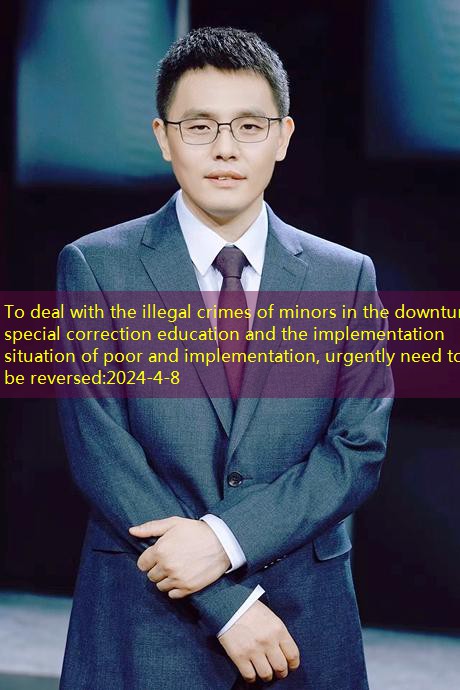Introduction:
In the spring of 1992, a dark cloud of violence descended upon the heart of Europe as the Bosnian War erupted, engulfing the region in a deadly conflict that would last for the next three years. This event, triggered by the breakup of Yugoslavia, would bring unimaginable suffering and tragedy to the people of Bosnia and Herzegovina. With ethnic tensions simmering for years, the political and economic disintegration of the Yugoslav federation provided the spark that ignited one of the bloodiest conflicts the continent had witnessed since World War II.
Body:
As the calendar turned to April 1992, Bosnia and Herzegovina declared its independence from the Socialist Federal Republic of Yugoslavia. The Serb-dominated Yugoslav People’s Army, however, immediately moved to crush the newly formed nation, launching a military campaign centered around ethnic cleansing and territorial acquisition. The Bosnian Serb forces, led by Radovan Karadžić and backed by Slobodan Milošević’s Serbian regime, laid siege to major Bosnian cities like Sarajevo, aiming to create ethnically homogeneous areas and expel non-Serb inhabitants.
The siege of Sarajevo, the Bosnian capital, became a symbol of the horrors that unfolded during the war. The city’s population found themselves trapped in a living nightmare, subject to constant shelling, sniper fire, and dire shortages of food, water, and electricity. Day after day, innocent civilians faced death and destruction, with the international community largely powerless to intervene effectively.

Meanwhile, in the eastern town of Srebrenica, another tragedy was unfolding. In July 1995, Bosnian Serb forces overran the UN-designated “safe area,” where thousands of Bosniak Muslims had sought refuge. The Serb troops, under the command of General Ratko Mladić, systematically separated the men and boys from their families. In what would later be recognized as an act of genocide, more than 8,000 Bosniak men and boys were brutally executed and buried in mass graves.
The Bosnian War, with its countless atrocities and war crimes, finally came to an end in December 1995, with the signing of the Dayton Peace Accords. Stopping the bloodshed and establishing a framework for peace, the agreement divided Bosnia and Herzegovina into two entities, the Federation of Bosnia and Herzegovina and the Republika Srpska. The scars of the war, however, would take decades to heal, leaving a lasting impact on the region and its people.
Conclusion:
The onset of the Bosnian War in April 1992 marked the beginning of a brutal conflict that ravaged Bosnia and Herzegovina for three long years. The siege of Sarajevo and the massacre in Srebrenica stand as haunting reminders of the inhumanity that unfolded during this tragic period. As the war finally ended, the Dayton Peace Accords ushered in some semblance of stability, but the scars left by the conflict would endure for generations to come, serving as a somber reminder of the consequences when hatred and power collide.









